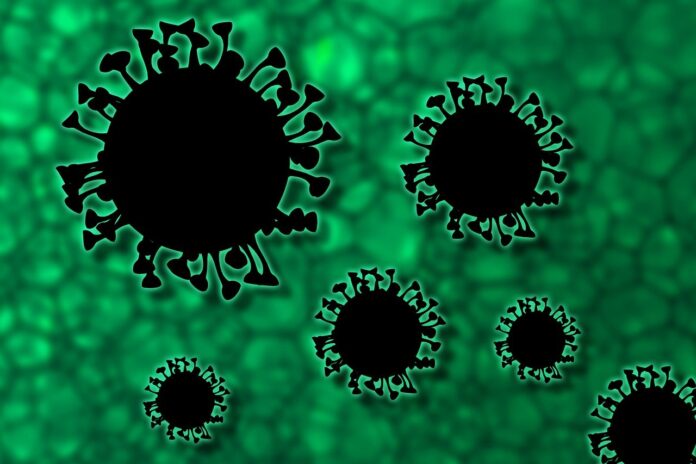Since the beginning of the ongoing coronavirus pandemic, a range of different symptoms have been associated with the infection. Now, another associated sign may have been discovered in new cases.
According to the Centres for Disease Control and Prevention, the most common signs of having coronavirus infection include dry cough, fever, body pains, sneezing, and flu. In a more severe case, a patient may also experience difficulty in breathing, chronic inflammation, and even clotting.
Regardless of the symptoms, immediate medical attention is required in order to prevent serious complications of the infection. For instance, delay in treatment can lead to cardiovascular events including heart attack and even permanent brain damage.
Recently, another similar impact of the infection has been becoming common. Extreme psychotic episodes either during the infection or after recovery are being noted in a number of new cases.
Many of the patients have been hospitalized in psychiatric wards for experiencing a range of symptoms from hallucinations to delusional episodes.
Although psychiatric symptoms have also been a part of nearly all previous health epidemics, health experts and researchers are not sure what is causing them in the current coronavirus pandemic.
A study on the association between coronavirus infection and psychiatric issues showed that almost one in five patients are diagnosed with a psychiatric disorder within ninety days after discovery.
In addition, another shocking revelation in the study was one in four people of such people had no history of having any such disorders.
RELATED: Fasting for Weight Loss Can do More Harm than Good
Depression, insomnia, and anxiety were the most common issues out of all others. However, along with these, nearly 1,200 people also had a diagnosis of psychotic disorders.
Similarly, research from the UK also looked at new ‘onset-psychosis’ symptoms in people with coronavirus infection.
These symptoms may also persist even after the infection has been treated. For instance, a 55 years old woman in the UK had extreme psychotic symptoms for fifty-two days after being discharged post coronavirus recovery.
The woman had no history of mental illness but had hallucinations, confusion, and delusion. During the fifty-two days period, she started to believe one nurse at the hospital were trying to harm her, one of her family members had been killed and replaced with a lookalike, and that her cat turned into a lion.
Although the woman and most of the other patients eventually recovered from such psychotic symptoms, they are still a cause of concern.
Till now, researchers have only hypothesized that such symptoms can be a result of the overall impact of the pandemic. Social isolation, financial insecurity, high levels of stress, fear, and loneliness may all contribute to psychiatric disorders.
Another explanation is that the symptoms could be linked to the neurological and brain damage caused by the coronavirus infection.
Research has already shown that the infection can cause memory loss, stroke, seizure, and physcial changes in the brain’s structures. So, psychiatric disorders can also be a result of such effects on brain health.
Overall, mental health issues and psychiatric disorders are common during health epidemics such as the Spanish flu pandemic or even other coronavirus outbreaks such as MERS or SARS-1.




